The United States and China have renewed their long-standing science and technology agreement, marking a cautious continuation of collaboration amid heightened tensions.
The revised U.S.-China Science and Technology Cooperation Agreement, announced on Friday, is set to last five years and aims to balance national security concerns with the need for joint efforts on global challenges such as climate change and public health.
Despite persistent geopolitical strains between the world's two largest economies, experts said the pact underscores the importance of sustained cooperation in addressing shared global priorities.
Denis Simon, a former professor of global business and technology at the University of North Carolina and an expert on China's technology and innovation strategies, described the updated agreement as a vital instrument for advancing efforts to address shared global challenges.
The renewed pact is more transparent and limited in scope, reflecting an effort to balance collaboration with heightened sensitivities, Simon said.
"The symbolic value of the agreement is significant, as it demonstrates a mutual commitment by both governments to collaborate despite broader tensions.
"It also offers practical reassurance to scientists, signaling that their cross-border projects have the backing of their respective governments."
First signed in 1979 following the normalization of China-U.S. diplomatic relations, the agreement has served as a foundation for collaborative research and innovation, involving more than 1,000 joint projects and more than 30,000 U.S. scientists.
The bilateral collaboration has yielded significant benefits for both countries, with key achievements under the pact spanning climate science, agricultural productivity, renewable energy and public health.
"Many of these projects have focused on basic rather than applied research, and while not all have been equally successful, many have proven to be mutually beneficial," Simon said.
A notable example is the use of folic acid supplements for pregnant women, which has reduced neural tube defects in newborns by up to 85 percent. This single initiative has transformed public health outcomes, helping millions of mothers give birth to healthy children.
"This is just one of many impactful outcomes resulting from such collaborations, demonstrating their value to global public health," Simon said.
He emphasized that it is crucial for addressing global challenges such as climate change and pandemics, as both countries are major innovation leaders. "It is very clear that there is no way to find any meaningful solution unless you have the participation of both the U.S. and China," he said.
Despite the agreement's legacy of success, it has faced opposition from critics within the U.S. government. A letter signed by 14 U.S. Republican lawmakers had urged Secretary of State Antony Blinken to delay the renewal, citing national security concerns.
Simon countered these claims, arguing that major projects conducted under the agreement have posed no security risks.
"If you look at the history of bilateral science and technology collaboration from 1979 to the present, I would argue that over 90 percent of the projects have not involved any threat to national security," he said, adding that critics tend to overstate risks and ignore the overwhelming benefits.
"A proper cost-benefit analysis would reveal that the agreement has more than paid for itself, stimulating progress in both countries."
Liu Liang, a researcher at the Institute of Applied Economics of the Shanghai Academy of Social Sciences, said the updated pact highlights "a shared understanding between China and the U.S. in fundamental research, offering directions for cooperation in science, economy and society, thanks to efforts of both sides".
"It provides a viable basis for bilateral academic and technological exchanges, ensuring a stable and rules-based approach, which strengthens the continuity of scientific partnerships," Liu said.
Despite current tensions, the pact, which advocates "seeking common ground while reserving differences", serves as a framework for addressing shared global challenges such as artificial intelligence, aerospace and environmental sustainability, fostering hope for stronger bilateral relations amid uncertainties, he added.
Simon further pointed to research studies showing that international collaboration consistently yields better outcomes than individual efforts. "Collaborative research tends to produce higher-quality results, while the vast majority of activities under the agreement have been innocuous and nonthreatening to either side."
As the U.S. and China navigate their complex relationship, the renewal of the Science and Technology Cooperation Agreement underscores the critical role of science diplomacy in fostering mutual understanding and addressing shared global challenges, particularly in light of the upcoming Donald Trump administration, Simon said.
While the agreement's renewal marks a positive step, Simon said trust and confidence between the two nations remain fragile. "This pact lays the groundwork for continued collaboration, but expanding its scope will depend on how both governments address broader geopolitical issues."
The U.S.-China Business Council, representing more than 270 U.S. companies operating in China, expressed strong support for the renewal. "The updated agreement provides robust intellectual property protection, data transparency, and reciprocity, and security for researchers," the council's President Sean Stein said.











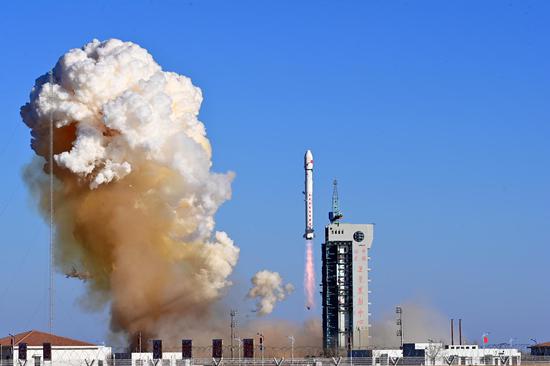






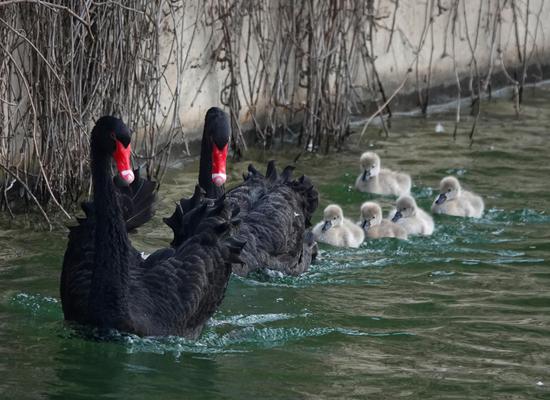


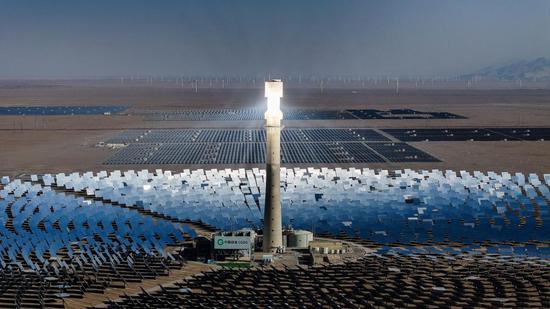







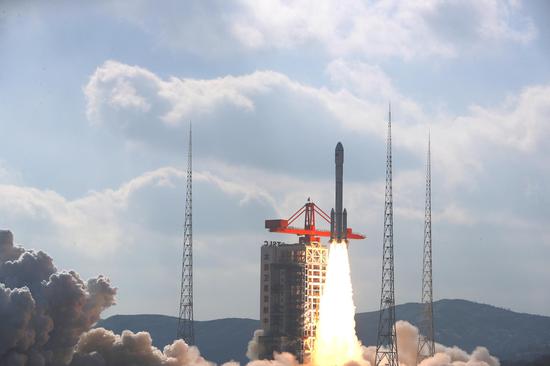



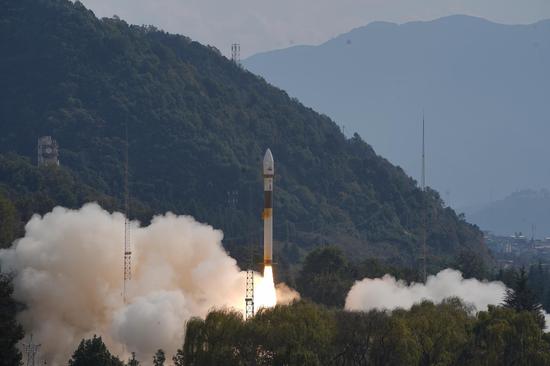



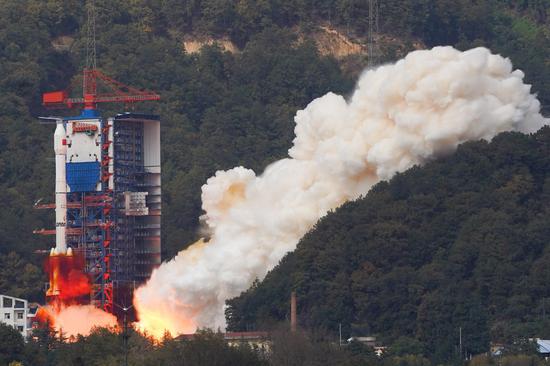


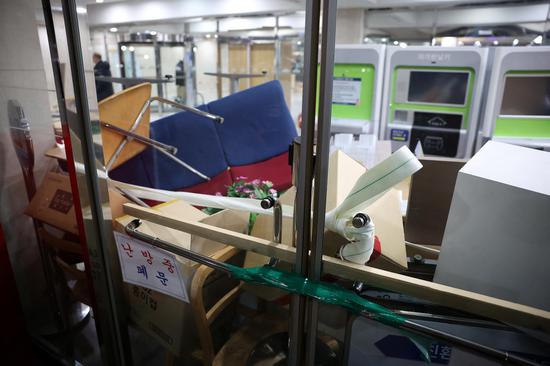







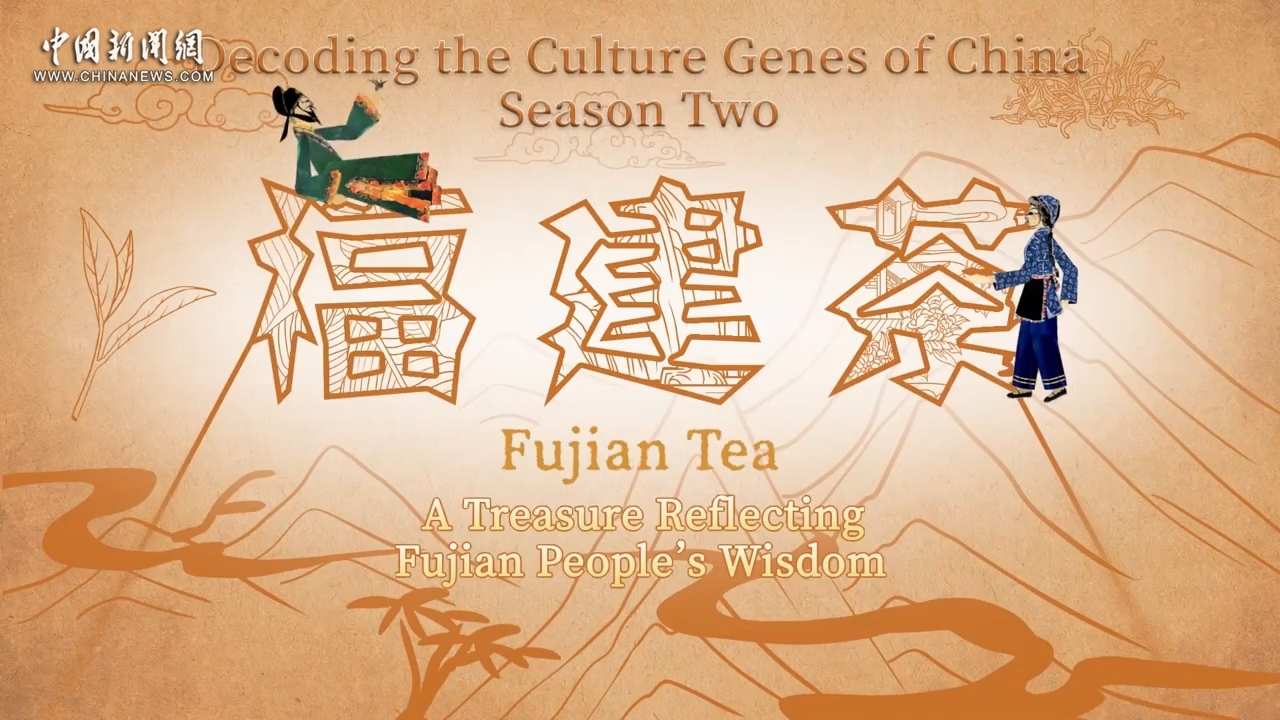

 京公網安備 11010202009201號
京公網安備 11010202009201號